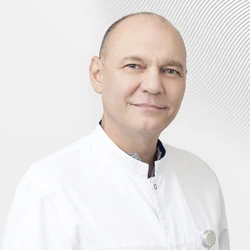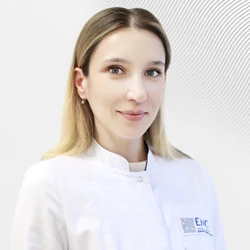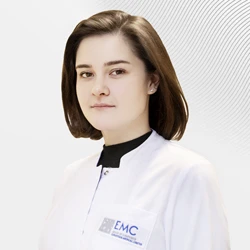Allergy to tree pollen: diagnosis and treatment of seasonal allergies
Symptoms of seasonal allergies appear almost at the same time every year in the form of runny nose, stuffy nose, sneezing, burning or itching in the nose and mouth, conjunctivitis (red eyes, feeling of sand in the eyes, itching/burning) coughing, and in some cases, attacks of suffocation. In addition to the characteristic signs of allergies, sleep disorders, fatigue, and increased fatigue are common companions of hay fever. This leads to a significant deterioration in the quality of life of patients and significantly affects daily activities, professional activities and studies.
The most common symptoms of pollinosis in central Russia develop in the period April-May (Table. 1) during the flowering of birch trees (birch, alder, hornbeam, hazel). In the southern regions of Russia, cypress trees (cypress, juniper, thuja) have a similar effect, and in Southern Europe, olive takes the first place among trees that cause allergies.
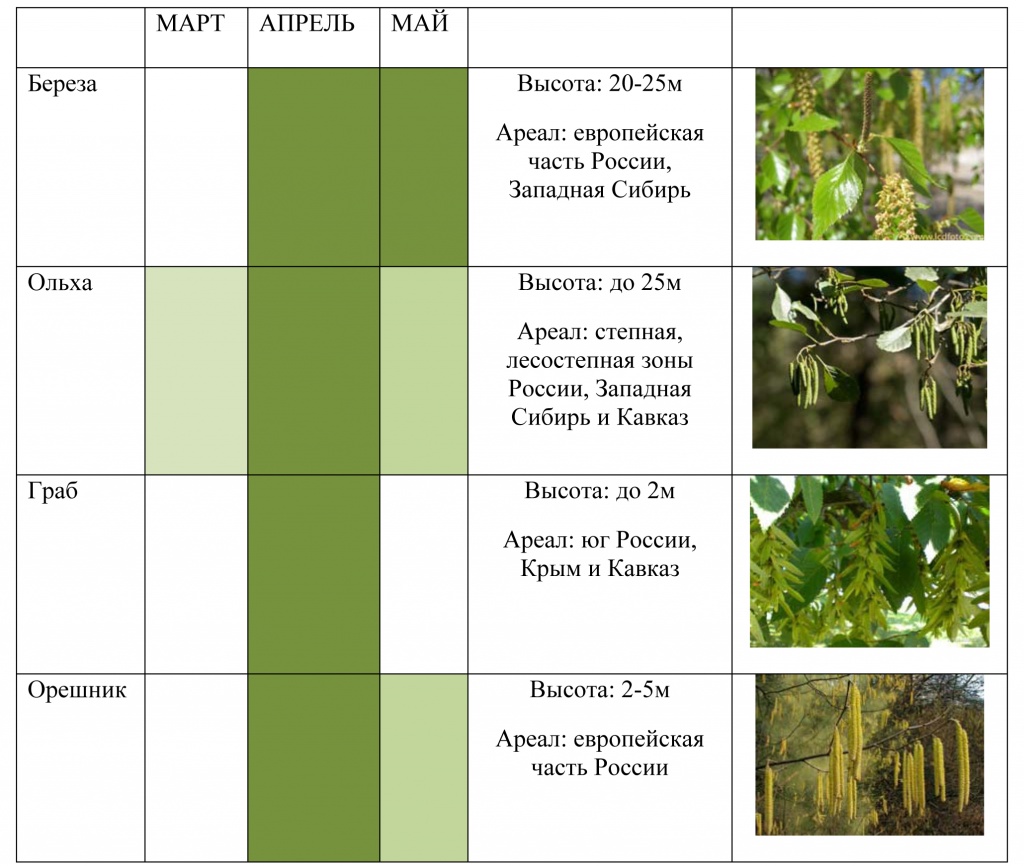
Table 1. Calendar of flowering plants in the middle zone of Russia
A distinctive feature of birch pollen is that it is lighter than, for example, coniferous pollen; it has a non-sticky surface, which allows it to be carried by the wind over long distances. Even a small amount of pollen in the air can be enough to cause allergy symptoms in sensitized people, and during the peak of flowering, the number of pollen grains reaches 4000/m3. Allergy to tree pollen may also cause allergic reactions to certain types of food (Table 2).
The reason for this phenomenon, called “cross allergy,” is that the structure of some food and inhalation allergens is very similar. Due to the similarity (Fig.1), the immune system reacts not only to pollen, but also to similar molecules contained in food. 
Table 2. Cross-allergic reactions
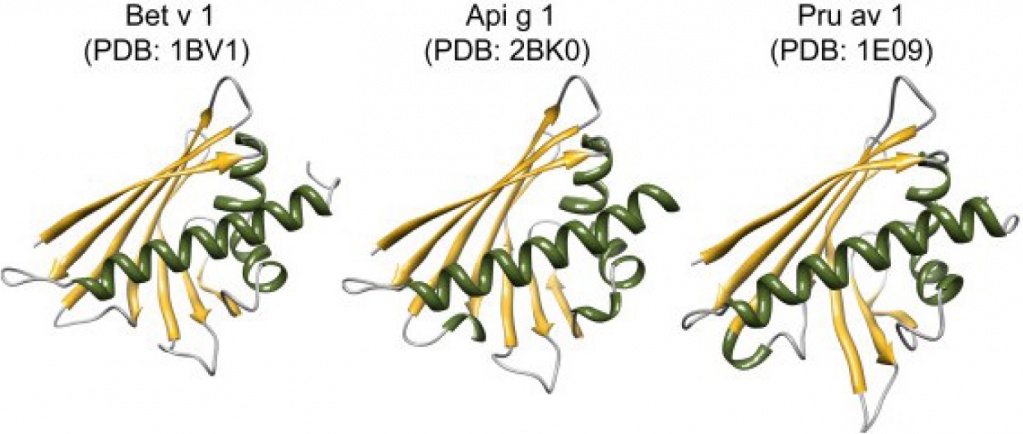
Fig. 1. The structure of protein molecules of birch (bet v1), celery (api g 1) and cherry (pru av 1).
The diagnosis of seasonal allergies is based on an assessment of the clinical picture of the disease and a special examination. It includes a blood test for specific immunoglobulins E and/or conducting skin allergological tests. In the process of skin allergy testing (PRIC diagnosis), a small amount of tree pollen extracts in the form of a solution is placed on the forearm or back. Swelling and redness of the skin in the area of application indicate the presence of allergies. Based on the information received, a decision is made on further treatment tactics.
Treatment of seasonal allergies includes symptomatic therapy (antihistamines, local anti-inflammatory and antiallergic drugs), as well as pathogenetic treatment aimed at the cause of the disease. To date, the only method of pathogenetic treatment of seasonal allergies is Allergen-Specific immunotherapy (ASIT). ASIT consists in the sequential administration of certain doses of allergens into the human body: during the initial phase of treatment (up to 4 months), the administered doses gradually increase, then during the maintenance phase, the same dose of allergen is administered for 3 years. After a full course of treatment, the patient experiences prolonged remission and immunity to the allergen.
There are two main methods of allergen administration: subcutaneous and sublingual. Subcutaneous injections are given by a doctor in the area of the outer surface of the shoulder. Drugs in the form of sublingual drops or tablets are taken under the tongue and then swallowed.
ASIT allows you to reduce or completely stop the symptoms of the disease, helps to avoid subsequent sensitisations, and prevents rhinitis from turning into asthma. The key factors for successful therapy are the initiation of treatment at the early stages of the development of pollinosis, regular admission and compliance with the doctor's prescriptions. The EMC Dermatology and Allergology Clinic performs all types of diagnostics of seasonal and other forms of allergies, as well as offers modern methods of treating hay fever.
Why the EMC
The first and only clinic in Russia, created in the image of the world's leading clinics
EMC is a multidisciplinary center offering patients a high level of medical services and a personalized approach
Worldwide recognition and awards
 Learn more
Learn more
Worldwide recognition and awards
 Certificates and licenses
Certificates and licenses
Make an appointment for a consultation
Specify your contacts and we will contact you to clarify the details
Reviews
and new products of the EMC
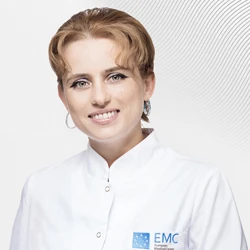
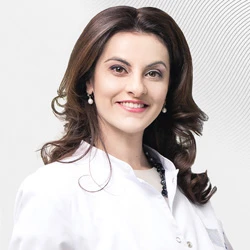
.webp)
.webp)
.webp)
